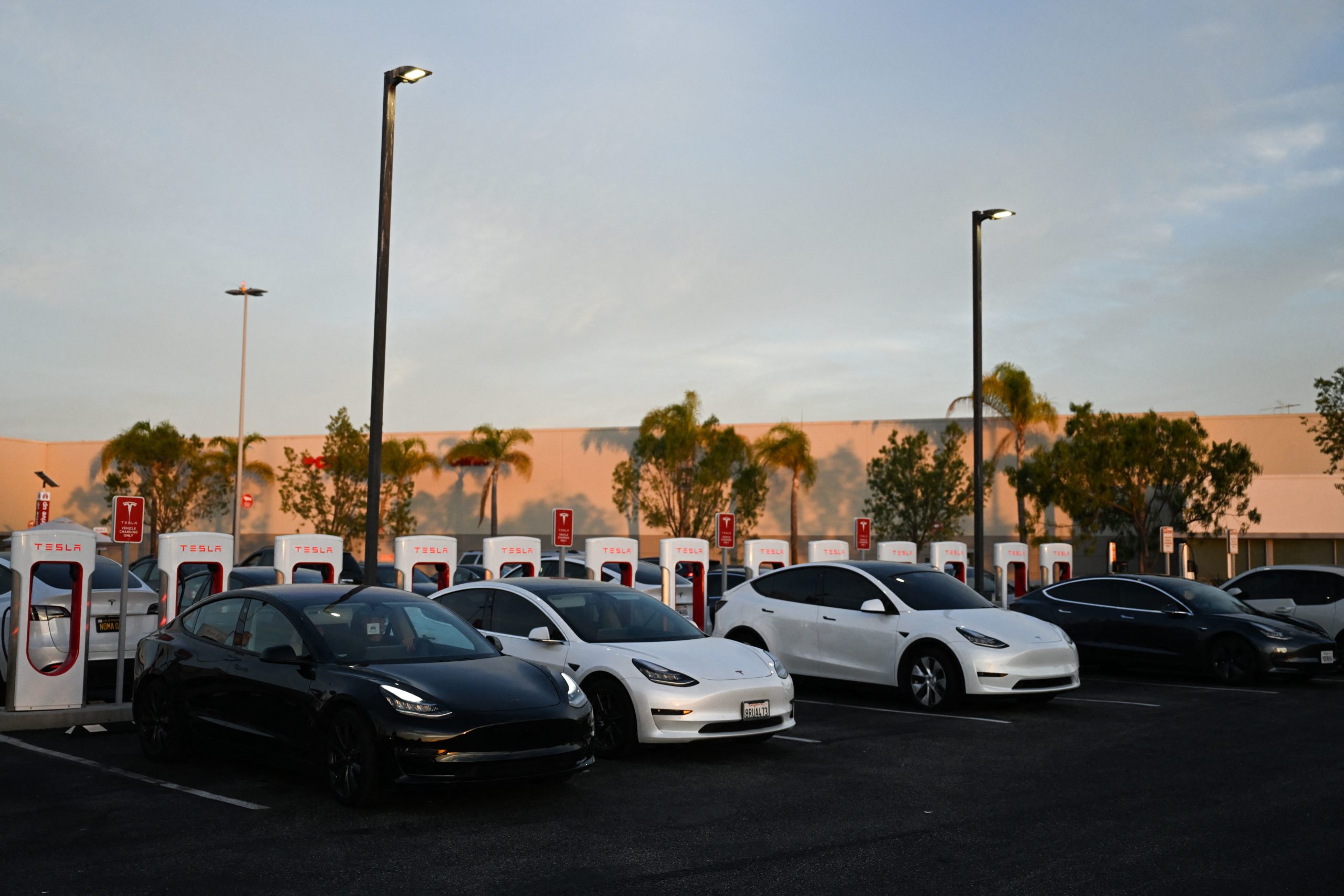It almost seems as if as each month passes, we get one more bit of evidence showing why buying an electric vehicle is a bad idea, and now we are seeing that even the insurance industry is starting to see the problems with the technology.
Insurers are finding that many of the costs a car owner faces are higher for EVs than for gas-powered vehicles. A June review of EV insurance costs published by Market Watch notes right at the outset that insurance prices for EVs are higher than for gas cars.
One reason right off the top is the fact that new EVs are generally more expensive than new gas cars, and, naturally, the higher the price tag on something, the higher an insurer is going to charge to cover the item. Market Watch noted that “the average price of a new EV reached $58,940. This is more than $10,000 higher than the industry average cost of a new vehicle at that same time, which was $48,008.”
Market Watch added that coverage for EVs are “anywhere from 10 percent to 135 percent” higher than the national average depending on which EV you want to insure.
So, right off, before anything else is even considered, the higher price tag on a new EV starts car owners out with higher insurance costs. But there are many more reasons that EV insurance costs are worse for EV owners, including repair costs.
“High repair costs play a significant role in determining EV insurance premiums as well,” Market Watch reported. “While there are fewer components at risk of breaking down in an EV, the parts that do require repair or replacement are much more expensive. This is especially true if an EV’s battery pack is damaged. ConsumerAffairs found that the average cost to replace an EV battery ranges from about $4,500 to nearly $18,000.”
There are also the problems EV owners face in even getting those repairs made.
“EV owners also face a shortage of qualified repair shops and technicians,” Market Watch reported. “The specialized training required to repair electric vehicles means fewer available options and higher charges for customers when repair needs arise. All of these factors drive up insurance costs for EV drivers.”
In addition, Market Watch noted that repair costs for EVs are double or more than for gas-powered or hybrid vehicles.
While Market Watch concluded its report on an optimistic note, claiming that “average premiums will likely level out as the market adapts to the rising number of EVs on the road,” that’s a risk, and an expense, that many potential EV buyers aren’t willing to take.
The Market Watch report quotes a licensed insurance agent saying some “insurance companies actually offer discounts or incentives for EV owners because they’re more eco-friendly and are involved in fewer fire-related accidents,” but when EV batteries do catch fire, they can be notoriously difficult to extinguish.
Consumer Reports also found that EVs are more costly to ensure than gas-powered cars to insure.
In an April piece, Consumer Reports also cited higher showroom price tags, higher repair costs, and troublesome consequences from accidents.
These costs may finally be getting to consumers. Even Ford was forced to push back its expectations as Americans have proven slower to adopt EVs than the industry expected.
The New York Department of Financial Services is also warning insurance consumers that EVs may present some challenges that they may not be quite ready for. The state agency includes on its listings of “Difficult-To-Insure Vehicles” EVs from manufacturers such as Rivian and Tesla.
Speaking of the Rivian, one owner found just how problematic accidents can be when in February his truck was rear-ended and by May he was told that the cost to repair the vehicle wild be an eye-popping $42,000, or about half what the truck cost in the first place.
Others are noting that insurance companies are finding particular drawbacks to electric vehicles, as well.
Reuters reported in March that insurance companies are finding coverage costs to be soaring after even small car accidents because even minor damage to an EV’s battery pack costs so much to replace that they have no choice but to call the whole thing a loss.
“For many electric vehicles, there is no way to repair or assess even slightly damaged battery packs after accidents, forcing insurance companies to write off cars with few miles — leading to higher premiums and undercutting gains from going electric,” the wire service reported.
“We’re buying electric cars for sustainability reasons,” Matthew Avery, research director at automotive risk intelligence company Thatcham Research, told Reuters. “But an EV isn’t very sustainable if you’ve got to throw the battery away after a minor collision.”
What is clear here is that insurance companies are just beginning to see the major drawbacks in covering EVs, so the future of EV coverage is still evolving. But. so far, that evolution is on an upward trend in costs for EV drivers. And these costs are hitting all car drivers thanks to the growth of EVs on the road.
At some point, that price might be too high.
This article appeared originally on The Western Journal.
























